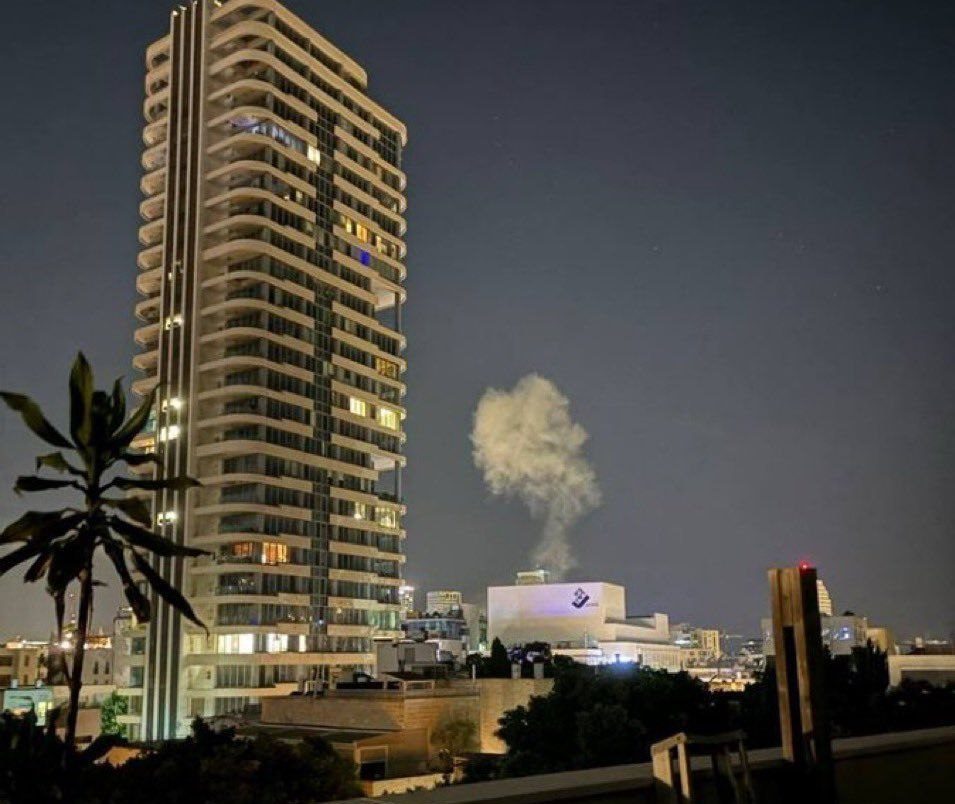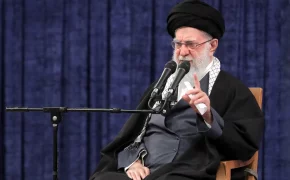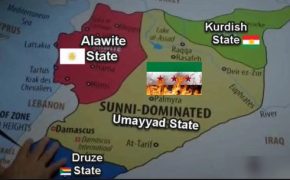Yemen Army’s Drone Attack On Tel Aviv; Would Israel Respond To It?


After various scenarios were discussed about the origin (Lebanon or Iraq) and the type of the drone strike, it became clear that the modified Ansar Allah UAV was of the Samad-3 or Shahab class, and with a lighter warhead (to increase the range), it traveled a distance of about 2,100 kilometers through the Red Sea and the Sinai Desert and attacked Tel Aviv from the shores of the Mediterranean Sea. When the Yemeni army drone reached the coast of Tel Aviv, it descended to a height of a few tens of meters from the sea level to avoid being tracked by the Israeli army’s radars, and then the drone climbed to the height of the buildings and exploded.
Read more: Military Knowledge: Sammad-3 Reconnaissance and Suicide Drone
The Israeli regime’s response to Yemen:
At the moment, statements by Israeli regime officials, including Yoav Gallant, the regime’s minister of war and army spokesman, and the Zionist media outlets indicate that Israel intends to respond to the drone attack on Tel Aviv. The response is unclear, but there is a possibility of a terrorist act to eliminate senior members of the Ansar Allah movement, an airstrike on areas under their control with the help of the US-UK coalition’s naval fleet, or a missile attack on Yemen.
The “ground operation” is also one of the ideas of the leaders of the resigned Yemeni government (affiliated with Saudi Arabia and the United Arab Emirates) to stop the anti-Israeli operations of the Yemeni Armed Forces (the Ansar Allah), which has been proposed since the beginning of the Palestinian war. Of course, at first glance, it is clear that ground operations in Marib, Al Hudaydah, Taizz, and any other front in Yemen will have no effect on the Yemeni army’s missile and drone attacks against the Israeli regime. In the eight years of the Saudi-led coalition’s battle with the Ansar Allah movement, it also had no effect. A Yemeni journalist who supports the Saudi-led coalition also pointed to this issue in an interview with Kan TV (Israeli Public Broadcasting Corporation), saying: We are expecting an Israeli response, but the Yemeni public is satisfied. However, this response is not a solution to stop the activities of the Houthis (Ansar Allah). One of the Yemeni officials opposing the Houthis believes that the only way to stop the Houthis is through ‘ground military operations in Yemen.’
Conclusion:
The Yemeni army’s drone attack represents a new round of strikes by the Islamic resistance groups on the Israeli regime. The Ansar Allah movement has coordinated and shared its attacks on occupied Palestine with the Iraqi and Lebanese resistance, and has sought to cut off the maritime connection of the occupied ports with the Mediterranean Sea. This move, along with the blockage of the Red Sea, will cause severe economic pressure on the Israeli regime, which will increase the likelihood of the collapse of Prime Minister Benjamin Netanyahu’s cabinet.
On the other hand, since the onset of the military operation of the Yemeni Armed Forces, the Tel Aviv regime has received several blows from the Yemenis and has not been able to respond to their attacks. These strikes include the seizure of the Galaxy Leader ship, dozens of missiles, suicide drones and unmanned surface vehicle (USV) hitting more than 100 ships affiliated with the Israeli regime and its allies, as well as more than 24 missile and drone operations against Israeli positions in occupied Palestine. According to Kan TV, the Yemeni army has used about 200 cruise missiles and suicide drones during these military operations in occupied Palestine, occupying a significant part of the capabilities of the Israeli army’s defense systems.
The Israeli army has limited options to confront Yemen’s military actions due to its vast distance and limited access to long-range and mobile military weapons, and this was the main reason for the deployment of the naval fleets of the US-British coalition and the European Union to the Red Sea. Of course, if the Arab countries namely Saudi Arabia, Jordan, and Egypt cooperate, it would be possible for the Israeli regime to carry out regular and numerous airstrikes against Yemen, but the Arab states are currently reluctant to engage in a renewed conflict with Yemen and have limited their aid to the Israeli regime to economic issues.




Comment